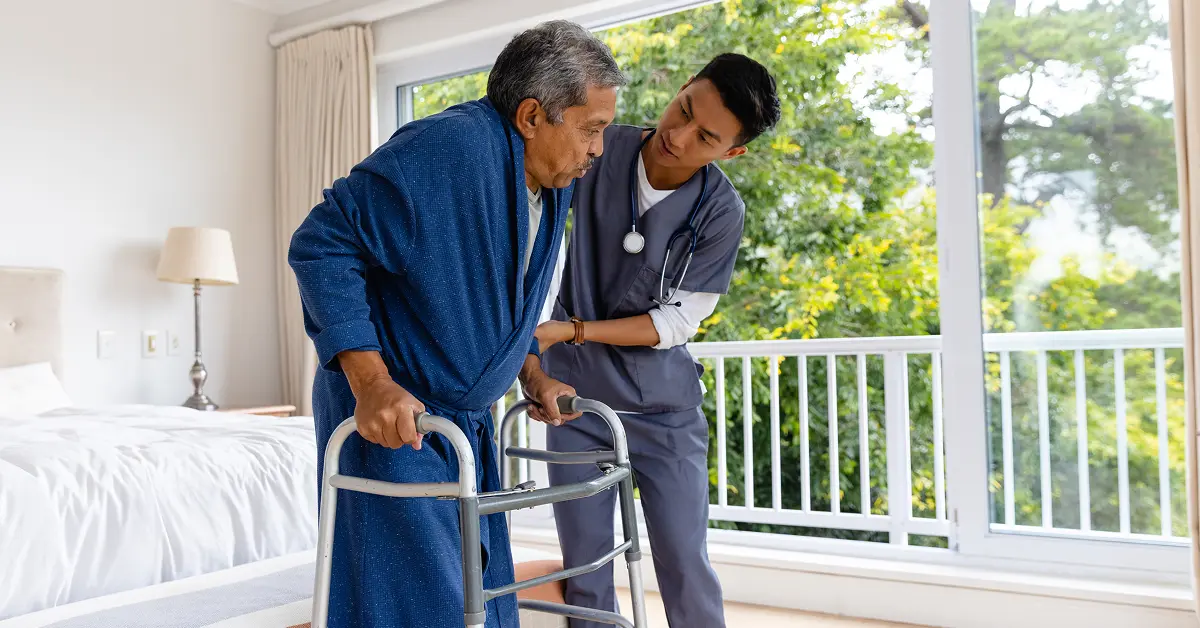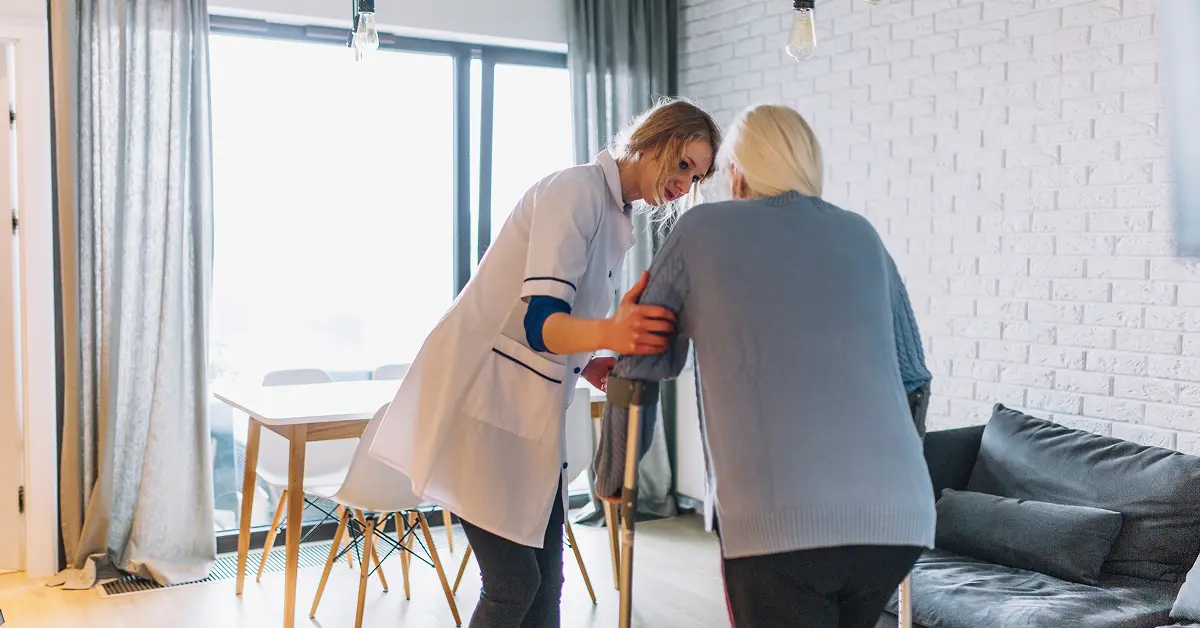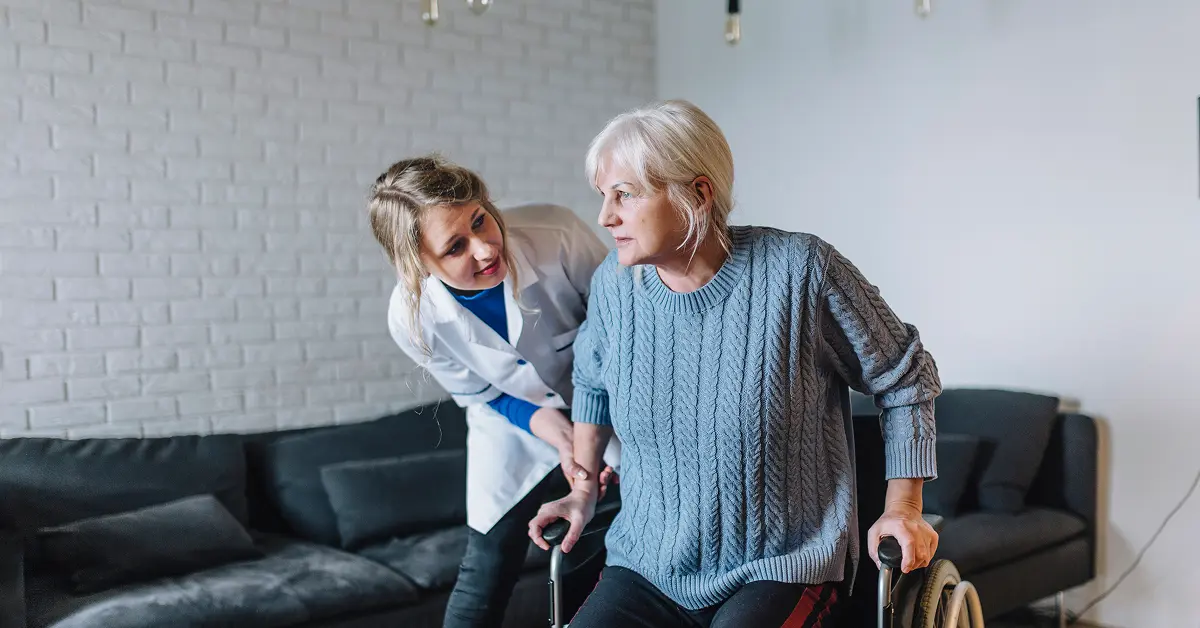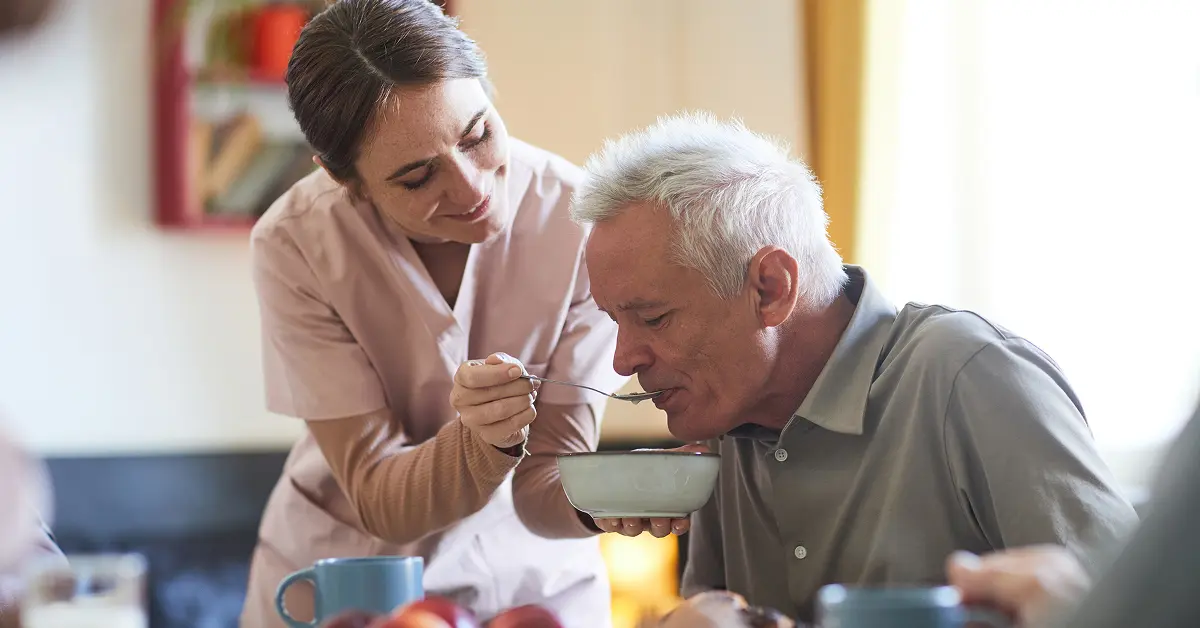Hospital discharges may feel like a relief, but recovery doesn't end at the hospital doors. In India, many patients are re-admitted to hospitals due to complications that could have been avoided with the right post-discharge support. Whether it’s an Elderly Care Services recovering from surgery or a loved one managing chronic illness, proper at-home care plays a vital role in preventing re-hospitalisation.
In this blog, we explore how families in India can reduce the risk of hospital readmission through timely, structured, and attentive at-home care.
Why Re-Hospitalisation Happens in India
Re-hospitalisation refers to being admitted back to a hospital within 30 days of discharge. In India, this is especially common among elderly patients, those with chronic illnesses like diabetes or heart disease, and patients recovering from major surgeries. Common causes include:
- Medication errors
- Missed follow-ups
- Lack of understanding of discharge instructions
- Improper wound care
- Infections or complications
- Neglected dietary or fluid restrictions
- Overexertion or unsafe mobility
Most of these are preventable with well-planned, proactive home care.
The Importance of a Transition Plan
A well-structured discharge plan is key to a successful transition from hospital to home. Before leaving the hospital, families should ask for:
- A written care plan
- Medication list and schedules
- Warning signs to watch for
- Follow-up appointment dates
- Instructions on wound care or equipment use
- Dietary and activity restrictions
This discharge plan should be reviewed thoroughly with doctors and nurses, and explained clearly to family members or the at-home caregiver.
Role of Professional At-Home Caregivers
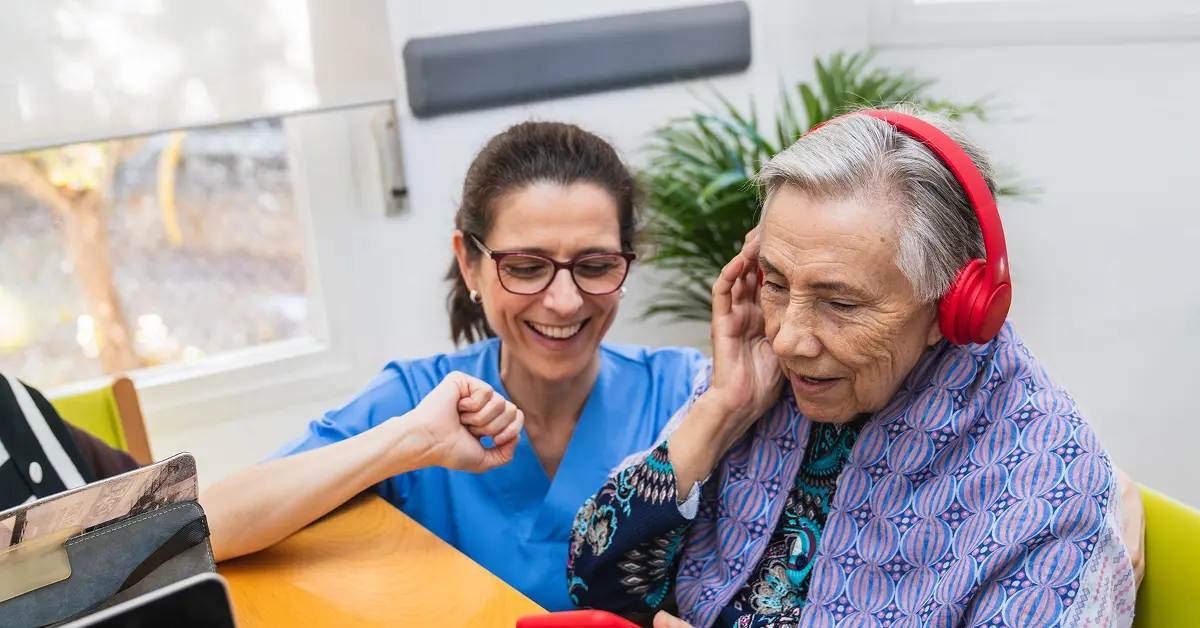
Hiring a trained caregiver can significantly reduce the chances of readmission. In India, professional caregivers are now available through home healthcare services, and they provide:
- Monitoring vital signs
- Assisting with daily activities (bathing, feeding, mobility)
- Administering or reminding medications
- Helping with exercises or physiotherapy
- Ensuring hygiene and infection control
- Coordinating follow-up appointments
A caregiver’s consistent presence also helps in early identification of any red flags, which can then be communicated to the doctor before it escalates into an emergency.
Building a Safe Home Recovery Environment
The home should be prepared to support the patient’s recovery journey. Key considerations include:
- Cleanliness and Hygiene: Prevent infections by keeping surroundings clean, washing hands frequently, and disinfecting surfaces.
- Mobility Aids: Install grab bars in bathrooms, use walkers or wheelchairs, and remove floor mats to prevent tripping.
- Comfortable Bed Setup: Use anti-bedsore mattresses, ensure proper head elevation, and arrange for oxygen supply or monitors if needed.
- Emergency Support: Keep emergency numbers handy, and if possible, have a mobile health device like a pulse oximeter or BP monitor at home.
Medication Management
Medication errors are a major cause of readmissions. Some patients may skip doses, double doses, or get confused by multiple prescriptions.
To avoid this:
- Use a pill organizer or chart
- Set mobile alarms for medication times
- Have a primary caregiver supervise all doses
- Store medicines in a cool, dry place
- Be alert to side effects or allergic reactions, and report them immediately
In India, pharmacies often offer home delivery and medicine refill reminders, which can help families stay on track.
Nutrition and Hydration
A nutritious diet accelerates healing, boosts immunity, and supports recovery. Here’s how to manage it at home:
- Follow doctor-prescribed diet charts
- Ensure low-sugar, low-salt meals for diabetics or heart patients
- Give small, frequent meals to ease digestion
- Avoid outside food and raw salads in the early recovery phase
- Keep the patient hydrated, unless fluid restriction is advised
You can also consult a clinical dietician for a personalised recovery diet.
Monitoring Warning Signs
Family members or caregivers must be alert to early warning signs that indicate complications. These include:
- Sudden fever or chills
- Breathing difficulty
- Chest pain or palpitations
- Severe fatigue or drowsiness
- Vomiting, diarrhoea, or abdominal pain
- Wound swelling, redness, or pus
- Decreased urine output
If any of these occur, contact the doctor immediately. Quick intervention can prevent hospitalisation.
Regular Follow-Ups and Home Visits
Skipping follow-up visits is a common issue in India. However, these visits are essential to monitor progress.
Options to consider:
- In-person visits to the hospital/clinic
- Online video consultations with doctors
- Home visits by physiotherapists or nurses
- Lab tests conducted at home through diagnostic providers
Use a calendar or mobile app to schedule and track appointments.
Family Involvement Matters
Family support is a powerful recovery tool. In Indian households, joint families often provide emotional comfort and caregiving assistance. Here’s how families can contribute:
- Assign a point-of-contact for all medical updates
- Take turns managing caregiving duties
- Arrange emotional support through conversation or prayer
- Reduce stress by limiting visitors during recovery
- Encourage a positive, peaceful atmosphere
Government and Private Home Healthcare Options in India
With growing demand, many Indian cities offer home healthcare services through companies like Portea, Nightingales, Apollo HomeCare, etc. These services offer:
- Nurses and caregivers on demand
- Physiotherapy sessions
- Medical equipment rentals
- Post-surgical care packages
Additionally, states like Kerala and Tamil Nadu are strengthening public home care initiatives, especially for senior citizens and chronic illness patients.
Final Thoughts
Preventing re-hospitalisation isn’t just about avoiding another hospital visit — it’s about giving patients a safer, more comfortable healing experience at home. Proper at-home care, managed by trained caregivers or attentive family members, helps Indian patients recover better, reduces medical costs, and preserves dignity.
Whether you're managing recovery from surgery, stroke, or chronic illness, don’t wait until a crisis occurs. Plan ahead, get the right support, and make home care your first line of defence.
Contents
- Why Re-Hospitalisation Happens in India
- The Importance of a Transition Plan
- Role of Professional At-Home Caregivers
- Building a Safe Home Recovery Environment
- Medication Management
- Nutrition and Hydration
- Monitoring Warning Signs
- Regular Follow-Ups and Home Visits
- Family Involvement Matters
- Government and Private Home Healthcare Options in India
- Final Thoughts
Our 24*7 services
Latest Posts
- What Is Respite Care and Why Is It Important
- Affordable home care for senior citizens in India
- Caring for Seniors with Dementia or Alzheimer's at Home
- Senior Caregiving A Guide for Every Family
- How to Write a Caregiver Resume That Gets You Hired
- How Care After Hospital Discharge Speeds Up Recovery at Home
- How to Get Home Health Care for Seniors Through Medicare
- What Does a Senior Citizen Caregiver Really Do at Home
- How to Care for Elderly Parents with Alzheimer’s or Dementia
- How to Get 24-Hour Care for Seniors at Home
